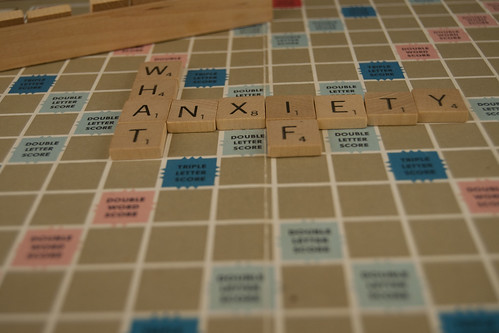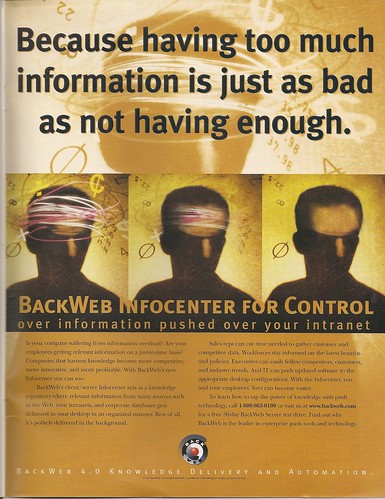I was contacted by Project SOS of Drexel University, asking if I would advertise their study comparing two different types of Cognitive Behavioral Therapy/Exposure Therapy, administered via Skype. I am glad to pass on this information, and am glad that Drexel is funding research that examines factors related to the dissemination of effective, evidence based treatments for anxiety disorders.
Online Treatment Program for Obsessive Compulsive Disorder
Skype for OCD Study (Project S.O.S.)
General Study Information
Drexel University Anxiety Treatment and Research Program is providing treatment free of charge to eligible participants through the University's Department of Psychology. The research study seeks to examine the effectiveness of two variations of a specific type of Cognitive Behavior Therapy (i.e., Exposure and Ritual Prevention) for people with OCD. Treatment is delivered over a period of 16-18 sessions conducted via the videoconferencing program Skype.
Determine Eligibility to Enroll in Program
Let us know that you’re interested! To determine if you are eligible, please call (215) 553-7000 or email us at drexel.sos@gmail.com and provide us with your name and telephone number. Alternately, you can complete this contact form. However you choose to contact us, a member of our clinical team will be in touch with you promptly.
Here is our Project SOS Contact Information:
Phone: (215) 553-7000
Fax: (215) 762-4834
Mailing Address:
Anxiety Treatment and Research Program
Drexel University
Mail Stop 988
245 N. 15th Street
Philadelphia, PA 19102-1192
Email Address: drexel.sos@gmail.com
You can learn more about the eligibility process here.







